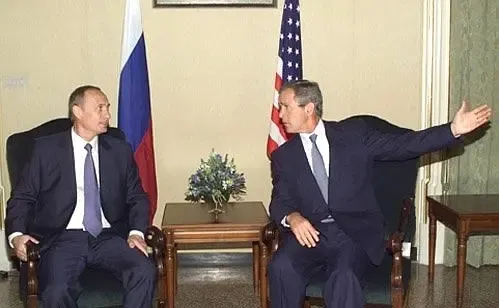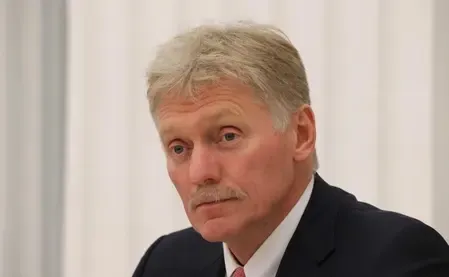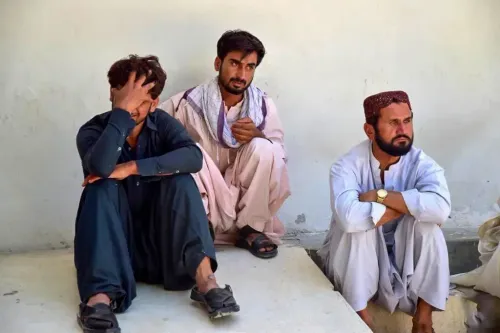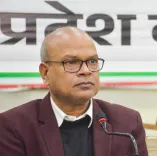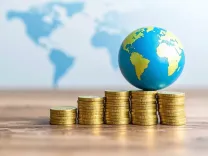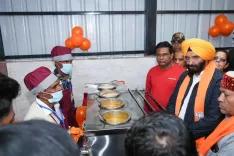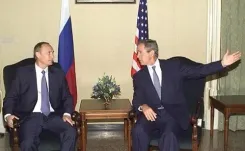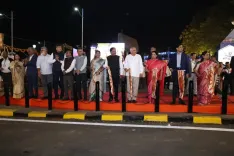Should Nations That Promote Terrorism Face Strict Action?
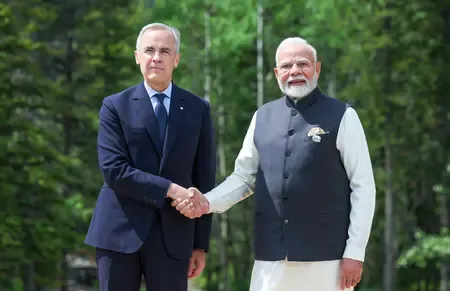
Synopsis
Key Takeaways
- PM Modi emphasized the need for strict action against terrorism.
- He highlighted the impact of global conflicts on the Global South.
- Energy security is a major challenge for future generations.
- India's approach to energy involves availability, accessibility, affordability, and acceptability.
- Technological advancements must benefit ordinary people.
New Delhi, June 18 (NationPress) During the Outreach Session of the G7 Summit held in Kananaskis, Canada, Prime Minister Narendra Modi emphasized the need for “strict action against nations that support and promote terrorism.”
His remarks are particularly relevant as Pakistan's Chief of the Army Staff, Field Marshal Asim Munir, is currently in the United States and is scheduled to meet President Donald Trump for lunch at the White House.
Highlighting the pressing security challenges, PM Modi urged countries to reinforce the global effort against terrorism.
Expressing gratitude to the international community for their unwavering support in India's battle against terrorism, PM Modi stated that the “Pahalgam terror attack was an assault not only on India but on humanity as a whole.”
Regarding ongoing conflicts, especially the intense warfare between Iran and Israel, PM Modi noted that “the uncertainty and conflicts in various parts of the world have severely impacted the nations of the Global South, and India feels a responsibility to amplify their voices on the global stage.”
He further stressed the importance of the world understanding the priorities and concerns of the Global South if there is a genuine commitment to a sustainable future.
While addressing the session on ‘Energy Security: Diversification, technology, and infrastructure to ensure access and affordability in a changing world,’ PM Modi expressed gratitude to Canadian Prime Minister Mark Carney for the invitation and congratulated the G7 on celebrating 50 years of its journey.
During his address, he pointed out that energy security poses one of the most significant challenges for future generations.
Elaborating on India’s commitment to inclusive growth, he asserted that “availability, accessibility, affordability, and acceptability are the core principles guiding India’s approach to energy security.”
Emphasizing that India is the fastest-growing major economy globally, which has fulfilled its Paris commitments ahead of schedule, PM Modi highlighted the nation’s commitment to a sustainable and green future.
He noted that India has initiated several global collaborations, such as the International Solar Alliance, Coalition for Disaster Resilient Infrastructure, Global Biofuels Alliance, Mission LiFE, and One Sun, One World, One Grid, and urged the international community to fortify these initiatives.
In his crucial statements, PM Modi also discussed the relationship between technology, AI, and energy.
Expounding on India’s human-centric technology approach, he remarked that any technology must serve to enhance the lives of ordinary people to be deemed effective.


